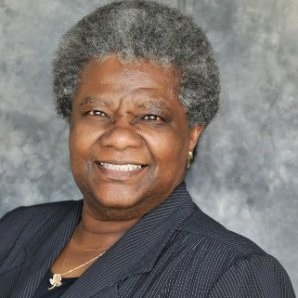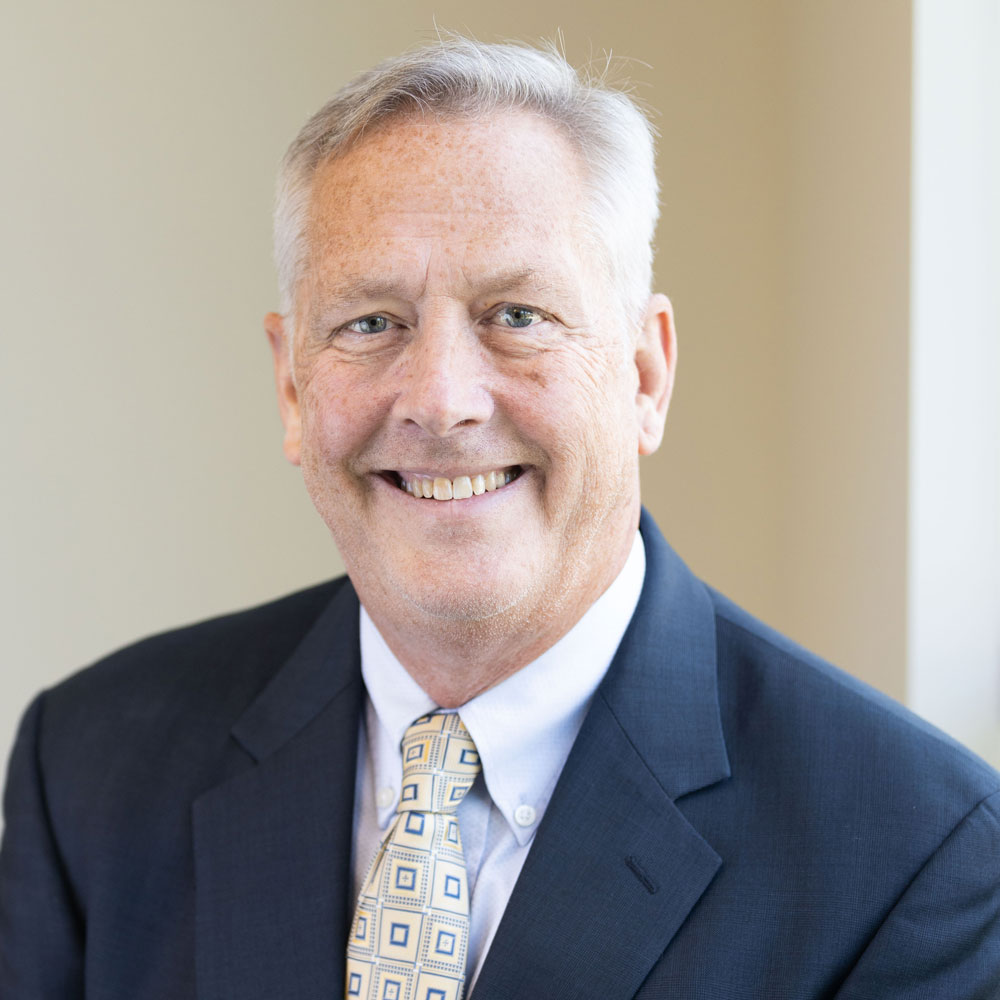Billie’s Blog: A World of Social Acceptance
Social acceptance is open, trusting, deep, and positive regard for others. We recognize everyone’s right to a life of dignity, regardless of skin color and other demographic markers. We learn how the sharing of resources, whether financial, creative, or intellectual, enhances life for everyone, as all receive equal opportunities for expression and participation. Social acceptance tells us to honor the desires of all people to live as fully as possible.
Acceptance does not equal agreement. I may disagree with someone while accepting the person for who she or he is. I have a close friend whose political views differ from mine. When we tackle issues, recognizing that many are volatile, we do so without political rhetoric. We discuss the issue at hand without accusations and finger-pointing. Acceptance doesn’t aim to discount who we are, but to honor everyone as equal, viable, and valuable.
I attended graduate school with a delightful woman who used a wheelchair and who had several obvious physical disabilities. Despite her cheerful disposition, some classmates avoided her or ignored her, which was ironic and unfortunate as the program prepared us to work with people who have disabilities. Students who engaged with her from the outset served as powerful peer examples of what was possible. They showed curiosity, openness, and compassion, which opened a door through which the rest of the class could venture. By the end of the semester, most classmates had grown to accept her intelligence and her contagious, effervescent attitude. The process took time and repeated exposure to her. The overall environment of the class supported the healthy formation of relationships for all students. Interaction and relationships change people’s minds.
Many white people fear that acceptance of minorities threatens what they see as a delicate and precarious status quo of privilege and power. That is far from the intention of acceptance. Social acceptance levels the field of opportunity for everyone. Black people and other marginalized people then have equal chances to reap the benefits that white people take for granted in a thriving society. We are no longer bystanders watching a world that profits from us but denies us access to the rewards that come with privilege. Promoting the welfare of disadvantaged people promotes the welfare of privileged people as well. Privilege under our Constitution is a right intended for everyone. There are more than enough resources for all.
Acceptance is a choice that one arrives at through introspection. It is an opportunity to ask: How can I look at this differently? White people have the responsibility to look at the subtleties and nuances of policies and practices and ask tough questions: (1) Am I exempt from this ruling because I am white?; (2) How does this policy affect Black people and other people of color?; (3) If I build a highway or mall through this neighborhood and displace the residents, how will it affect the existing community and how will that affect me?; (4) Are my decisions humane?; (5) How would I feel if I or a loved one were subjected to this?
White people must begin with admitting the pain and damage their privilege and power have brought into the lives of non-white citizens. They can look honestly at their environment and the world they have created and acknowledge the innumerable privileges they enjoy solely because of the color of their skin and how other people are denied those privileges. They can look at hurtful systemic factors such as the construction of roads through Black neighborhoods, the building of exclusive communities, and the allotment of services. Whenever white people receive a privilege because of the color of their skin, people of color receive an injustice. The challenge is to bring the inequities of white privilege to the attention of white people who care, so they are not blind to it and then, hopefully, have enough empathy to make changes. Transformation begins with white people reaching out to Black people and other people of color with sincerity, honestly and openly admitting the inequities, and offering actual solutions.
While the fundamental change is largely the responsibility of white people, non-white people also have a challenge. We must continue to tell our stories in the news, books, magazines, and on social media. We must continue to speak out about injustices and be willing to risk hearing innumerable times that we are overreacting, that times have changed, or that we need to stop whining. Improving race relations is everyone’s job.
We all have a role to play in the furthering of freedom, inclusion, and equality for all people. We can:
- investigate our fears and prejudices.
- ask ourselves whether our opinions and beliefs are in line with our values.
- take classes and workshops that aim to help us transform our opinions and beliefs about others.
- read books that address issues of race relations and white privilege.
- approach people different from us with an attitude of curiosity and genuine interest.
We are all challenged to look beyond gender, age, disability, and the people who don’t fit our definition of valuable and viable. Change begins on the ground with honesty and sharing, rippling out from one person to another. We must all be willing to be vulnerable and receptive by having the courage to seek people different from us and build relationships.
Previously published on Escape Into Life:
June 25, 2018
Billie Wade is a gregarious introvert whose primary interests are writing, lifelong learning, personal development, and how we all are affected by life’s vagaries.
Issues facing Black people, women, the LGBTQ community, and aging adults are of particular concern to her. She enjoys open-hearted dialogue with diverse people. The opinions expressed here are her own.






